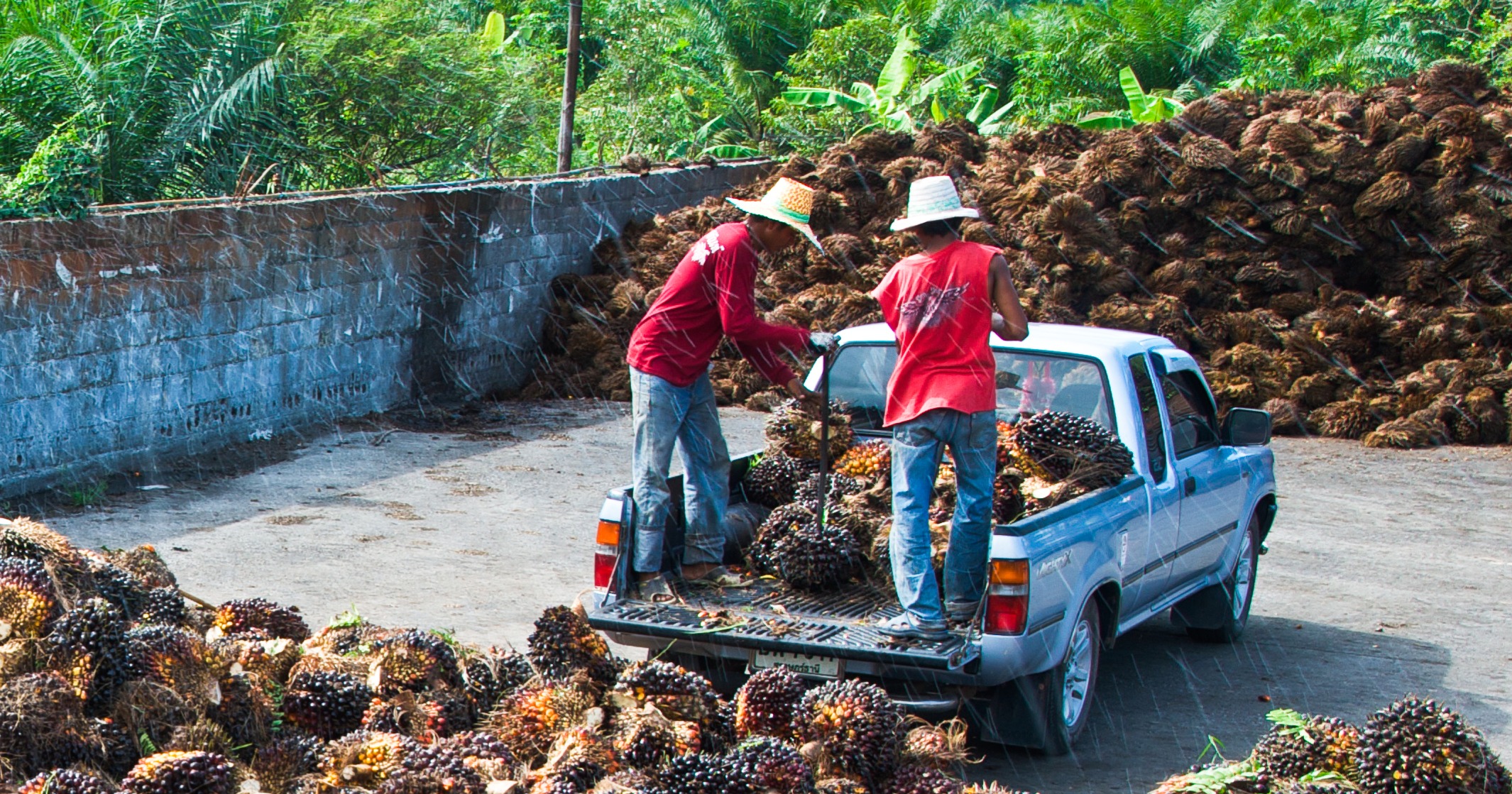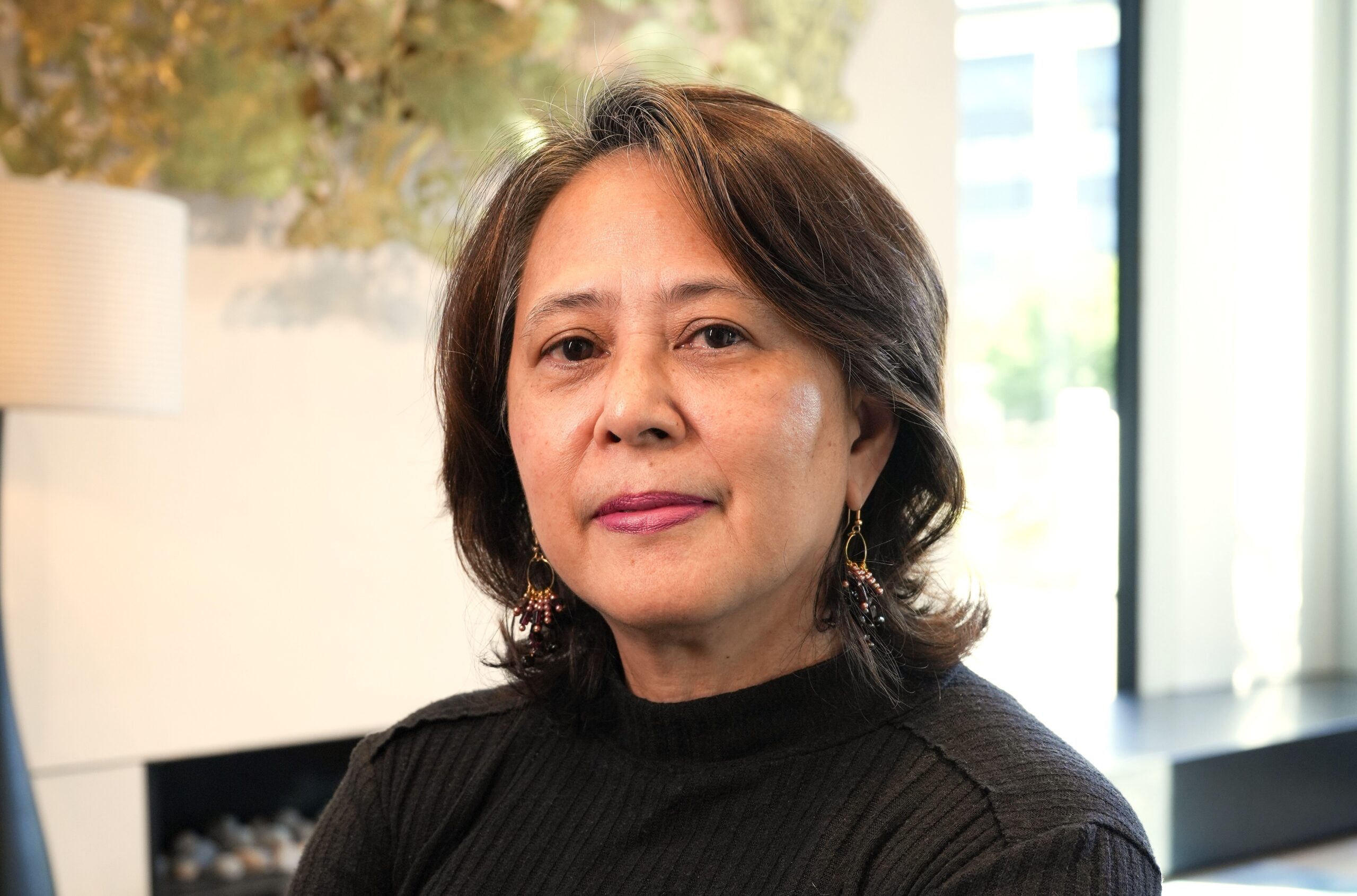May 1, International Workers’ Day, is a celebration of the labor movement and its achievements that benefit society, including limits to working hours, health and safety, job security, and many other gains. The labor movement is underpinned by the right to freedom of association (FOA) and collective bargaining, which are included in the International Labour Organization’s (ILO) Declaration on Fundamental Principles and Rights at Work.
This month, DIWA spotlights worker representation, or the ability of workers and their chosen representatives to participate freely in decision-making processes and advocate for workers’ welfare, which is a key aspect of the right to FOA. To ensure this right, it is also important to have functional grievance mechanisms for workers and other stakeholders to raise concerns and seek remedies. Worker representation and grievance mechanisms strengthen the social dialogue process.
DIWA focuses on Indonesia through a two-part series. This first article looks at workplace committees in factories and plantations, based on DIWA’s ground level experience. The second article features a union leader from a palm oil labor coalition in Indonesia, speaking to issues of worker representation, collective bargaining and policy.
The complex issue of worker representation encompasses issues of power at all levels–worksite, government, and society in general. DIWA advocates on behalf of workers mainly at the worksite through social compliance audits or assessments which involve worker interviews, and capacity-building activities with management which ensures that adequate systems are in place, including those for workers to have a voice and raise concerns internally without fear of retaliation.
This is nuanced work: What will it take for a worker to feel safe enough to speak out? What will it take for a company to listen to workers and make real changes?
Beyond social assessment
For many workers, a social assessment may be the first time they are asked questions about their recruitment, wages, benefits, and overall welfare. DIWA’s experience on the ground shows that issues of power can show up even in these interviews; and ensuring workers are comfortable speaking in their native tongue is important, alongside safeguards for confidentiality and nonretaliation. DIWA acknowledges that not all issues will surface through audits or assessments alone. These provide the baseline for continuous improvement over time, during which ongoing shifts in company culture can result in workers feeling empowered to seek help through available channels.
Workplace committees
A workplace committee is an important platform and channel where workers can convene and discuss issues, and formally raise these with management. A worker committee advocates for the interests of rank-and-file workers within a company. A gender committee is a similar internal body, advocating for gender equality and helping the resolution of women’s concerns in the workplace. Workplace committees may be mandatory.
Workplaces with a functioning worker or gender committees typically maintain records of issues raised and their resolutions. Minutes of meetings and similar documentation reflect their discussion points. Workers are capable of describing the internal processes of dispute resolution; and providing feedback both internally and with external auditors or assessors. And management personnel are able to demonstrate how systems ensure responsiveness and continuous improvement.
Unfortunately, DIWA notes that many such committees in many sectors and countries do not yet function as a worker voice channel and/or the management systems have not yet fully integrated these channels into their daily business operations.
Many committees are commonly established on paper only, with its members lacking the capacity to truly advocate for workers’ concerns. This is a missed opportunity for establishing good two-way communication within a company.
Moreover, workplace committees may also be used for the wrong reasons. Certain jurisdictions or industry codes prescribe the creation of alternative, equivalent bodies in case there is no union established yet in a facility. While these may be established accordingly, DIWA notes that such committees or alternative bodies may be used to undermine or undercut the actual role of unions. Even if a workplace committee is set up, this must not preclude the workers’ assertion of their right to form or join a union of their choice.
In Indonesia, the law requires the establishment of a dialogue mechanism between workers and management (LKS Bipartit) in companies employing a minimum of 50 workers. In the Indonesian palm oil sector, certifications under the Indonesia Sustainable Palm Oil and the Roundtable on Sustainable Palm Oil mandate the formation of a gender committee in mills and estates.
DIWA’s experience in Indonesia indicates that there are key challenges facing workplace committees. Workers may not consider the committee as a trusted channel for raising issues. Procedures for resolving issues are not clear and consistent in many cases. Committee leaders and members may not be capacitated to carry out their respective roles and responsibilities. Gender committees, specifically, may face structural barriers that preclude efficiency or effectiveness, such as cultural norms, limited participation by women in formal employment, and management roles predominantly occupied by men.
Case study: Gender-responsive supplier engagement
DIWA’s own Gender Maturity Framework, incorporating the 5Rs (recognize, reduce, redistribute, reward, represent)[1] and a gender matrix, has been central in assessing progress and deepening conversations on how to systematize a culture of safety and respect for women at the worksite. Particularly in sectors where men are overrepresented in management, engagement with male management is a focus. DIWA’s experience suggests that male management can be potential agents of change to shift longstanding norms.
DIWA has commenced partnership with business involving its gender rights program, working with an Indonesian agricultural company to incorporate flexible and adaptive learning processes to shift deep-seated cultural norms. The program emphasizes understanding unpaid and invisible labor by women using the 5R framework. Activities have been implemented across plantation sites in Indonesia with both male and female participants.
One activity involved tracking women’s contributions—including cooking, caregiving, cleaning, and informally supporting plantation work—which are often unrecognized in formal job status and wage structures. By recognizing the true extent of women’s labor, companies can begin to address issues affecting women in the sector including informality, compensation, participation, and representation.
More activities are planned for 2025. DIWA envisions gender programming to be fully integrated into capacity-building efforts aimed at improving worker voice and grievance mechanisms.

Establishing effective grievance mechanisms
The absence of activity in workplace committees may appear to indicate that there are no problems or nobody has anything to complain about. But for DIWA, this often signals that there is work to be done to strengthen organizational systems for worker voice and grievance. It is critical to acknowledge that it takes a lot of courage to raise an issue. On some issues, workers may consider a grievance as low risk such that it can be raised and addressed through direct engagement with management. For example, a worker who received incorrect overtime pay due to probable clerical error often seek and obtain redress by directly complaining to the human resources or accounting department.
But what about more complex problems? What if there is a problem affecting many workers as a result of changes to the work itself or a more intensive schedule? What if a worker feels uncomfortable and unsafe because a supervisor singles them out for “special” treatment?
A workplace committee can be an ideal platform to discuss and resolve issues like these, as workers themselves may be best positioned to see possible solutions. The written policies and procedures of a workplace committee can provide adequate and effective guidance, including safeguards, to ensure productive discussions resulting in appropriate resolution of an issue. Particularly with sensitive issues such as harassment, formal and standardized processes that guarantee non-reprisal and timely responses are necessary to determine appropriate solutions consistent with respect for human rights and dignity.
DIWA’s experience at the worksite suggests that a company’s capacity to incorporate workers’ voices and experiences can be improved through training and using the right tools. A company can become more adept at listening to the perspective of workers, including women and migrant workers; and can integrate these insights into operational improvements. The establishment of functional workplace committees can thus be beneficial for workers and good for business.
However, many existing workplace committees are commonly tasked with handling less sensitive matters (e.g., organizing recreational activities, improving canteen services, facilitating housing repair and maintenance) and are limited in their scope of action with regard to issues of wages, benefits, and other terms and conditions of employment. Workplace committees are often not equipped to engage in meaningful social dialogue which is an essential tool in bringing about lasting improvements to working conditions.
Towards genuine social dialogue
Social dialogue is an umbrella term used by the ILO and the labor movement to describe the information sharing, consultation, and negotiation between government, company management, and workers. Social dialogue is a critical tool to improve not only working conditions and income, but also productivity and quality of work. While social dialogue can happen in many ways—including bipartite (workers and employers), tripartite (government as the third party), and formal collective bargaining—one key principle is the precondition that genuine representation and FOA is required. This means that there should be no interference from management when workers gather and assert their right to form or join an organization of their own choosing and secure genuine representation of their interests.
In Part Two, DIWA delves deeper into FOA and the challenges of social dialogue from the perspective of an Indonesian labor unionist. Stay tuned for more in celebration of #May1 #InternationalLabourDay
[1] https://www.unwomen.org/sites/default/files/2022-06/A-toolkit-on-paid-and-unpaid-care-work-en.pdf
Read next: Building worker voice: Spotlight on Indonesia (Part 2 of 2)

